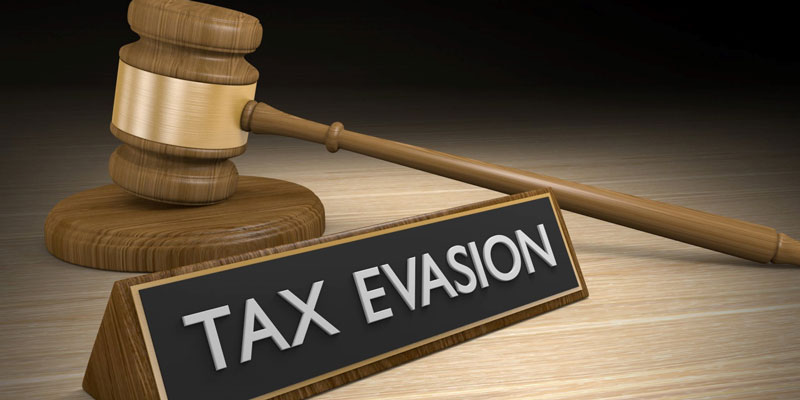The Lure of Convenience Checks
Dec 31, 2023 By Triston Martin
You may write a check to yourself and cash it, move balances from another card, or purchase products or services from a company that takes personal checks as payment. All these options are possible with these checks, which can be used for nearly anything.
There are instances in which an alluring offer accompanies convenience checks. For instance, you could pay no interest on balance transfers for six months, and this might be a smart move if you plan to pay off existing debt with a high-interest rate before the promotional period ends. However, in most cases, you won't be able to access those deals unless you have excellent credit, and you'll need to keep an eye out for any associated costs. You probably already know that there is a cost associated with convenience. Convenience checks may cost more than you anticipated, which is true even if you receive an enticing offer to transfer your amount.
The Cost of Convenience Checks
In most cases, "cash advances" refers to how convenience checks are handled. Because of this, you may be required to pay a higher interest rate on the money you spend using a convenience check, which will increase the total interest you will pay over the duration of that loan. In addition, there is a possibility that you may be required to pay a cash advance fee, which would result in an increased total loan sum.
A convenience check may be cashed in the same places that personal checks can be cashed in. On the other hand, it's possible that you won't obtain as much as you anticipate. To begin, the limitations on cash advances on credit cards are often smaller than the credit limit available for making purchases; thus, you should examine the specifics of your available credit. In addition, it's possible that the bank won't give you the whole amount of cash right once; for example, when you attempt to cash the check, you could only receive $200, and the remainder of the money will be deposited, and kept for many days.
How Balances Are Treated
You may believe any purchases made with your credit card are the same. The lender classifies your expenditures into a variety of categories. For instance, one category comprises in-person purchases made with your credit card, while another comprises expenditures made via convenience checks. It is not always in your best interest to manage balances. There is often no grace period for the money you spend using a convenience check, meaning that interest will begin to accrue as soon as the check is cashed. It is required by federal law for lenders to put payments over your minimum payment toward high-interest rate debts; however, this does you no benefit until you make additional payments on top of the minimum payment.
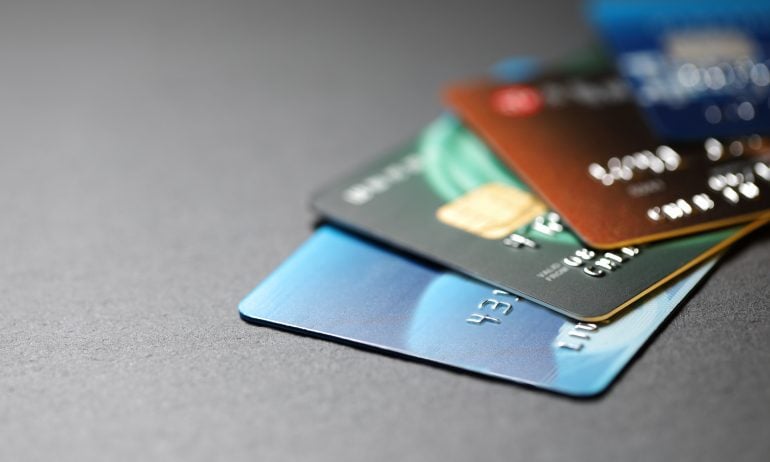
The Best Things in Life Eventually Fade Away
The most appealing aspect of convenience checks is that they come with a 0% annual percentage rate (APR) loan option. However, what follows following the conclusion of your "teaser" or promotional period? In many instances, you may be required to begin making interest payments at cash advance rates, which can be anywhere from one to two times more than your standard card interest rate.
Consumer Protection
When you make a purchase using your credit card, you are entitled to various perks, whether you swipe it or key in the number. You are protected not just by federal law but also by the card issuer that issued you the card, giving you some "buyer protection." When you pay with a convenience check, you do not necessarily get these advantages; if you purchase defective products and cannot secure a refund, your credit card provider will not likely assist you in simply getting your money back.
Checks for Both Your Credit and Convenience
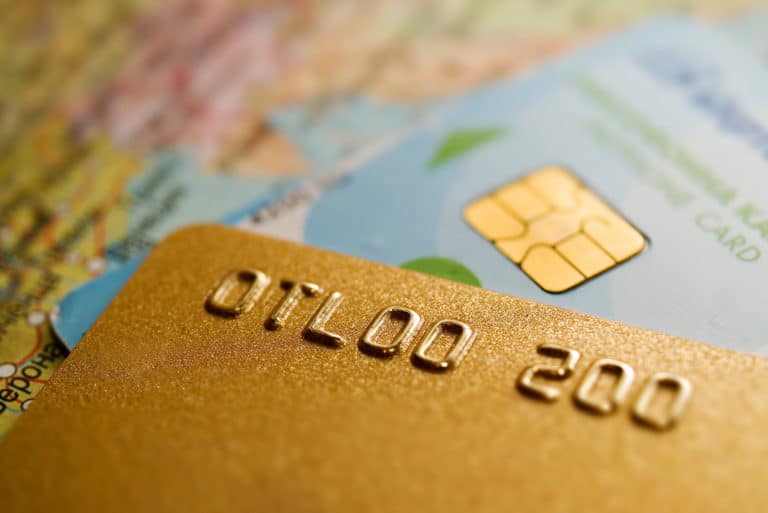
Convenience checks make it simple to rack up a significant bill. When you borrow more money, it's possible that your credit score can deteriorate as a result. It is excellent practice to maintain your balance at or below 30 percent of your credit limit at all times. For instance, if your credit card has a maximum of $1,000, you should strive to maintain your "credit usage" below $300 at all times. Lenders and credit scoring algorithms may believe that you are falling into financial difficulties if you reach close to your credit limit, and as a result, they will be unlikely to issue fresh loans for you.

Reasons to Have Multiple Accounts
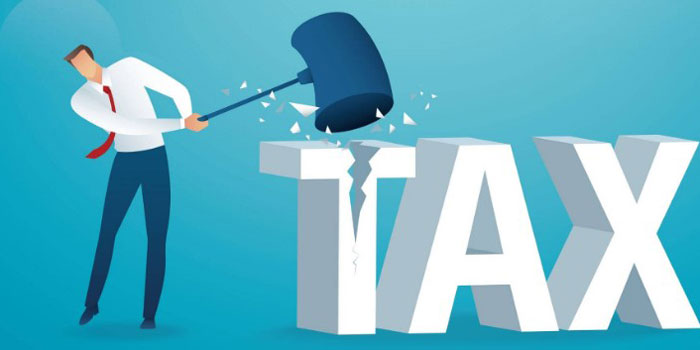
Techniques for High-Income Tax Payers to Save Money

Cash App Taxes Review 2024: Everything You Need to Know
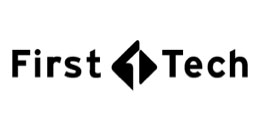
First Tech Federal Credit Union Review
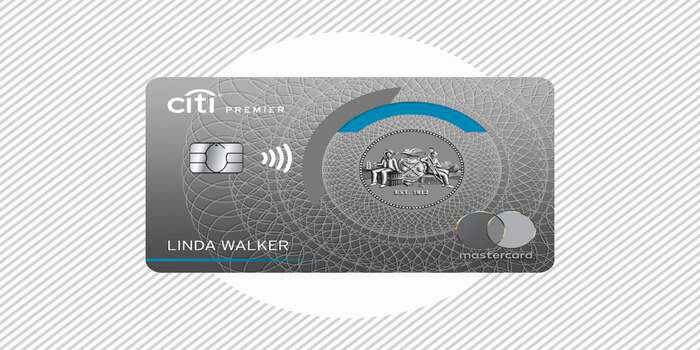
A Complete Citi Premier Card Review 2022

Hidden Cost to Buying a Home
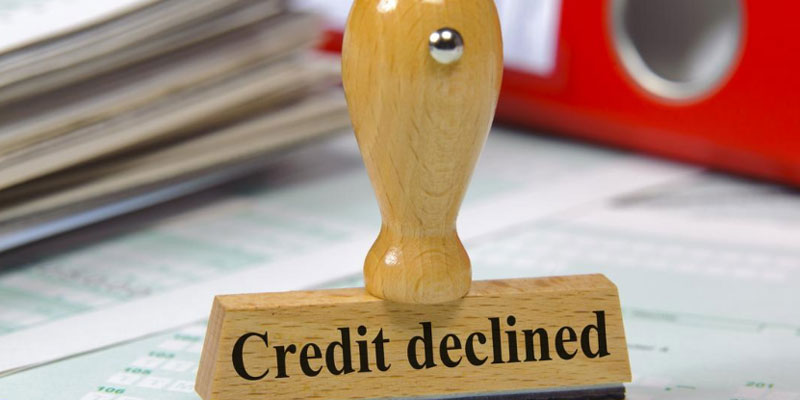
Reasons Why Banks Don't Need Your Money to Make Loans
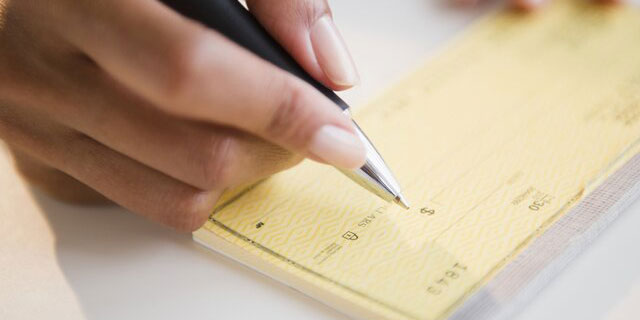
The Lure of Convenience Checks
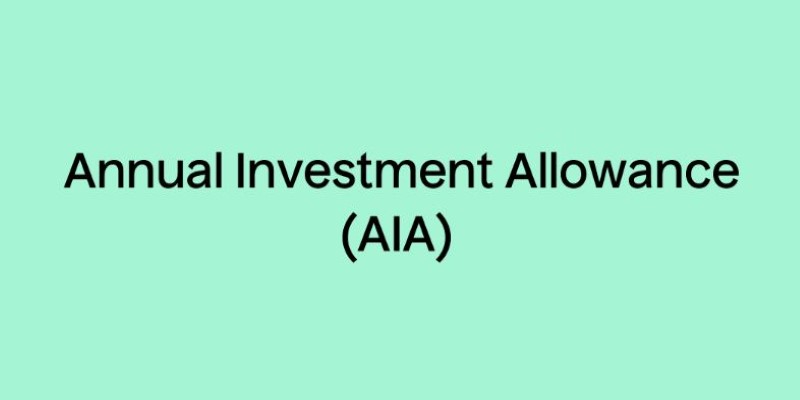
A Comprehensive Guide to the Annual Investment Allowance (AIA) and Its Eligibility
